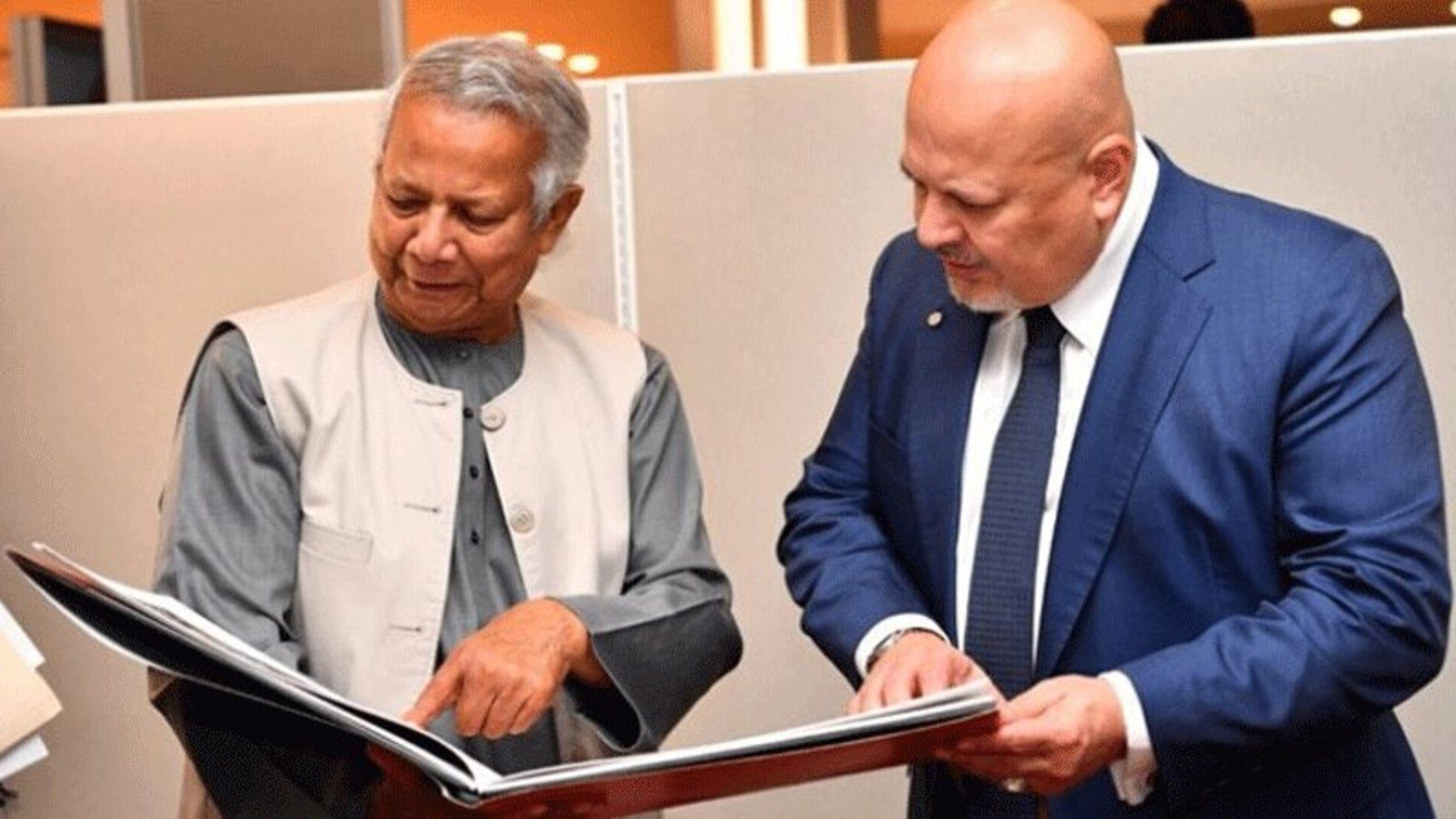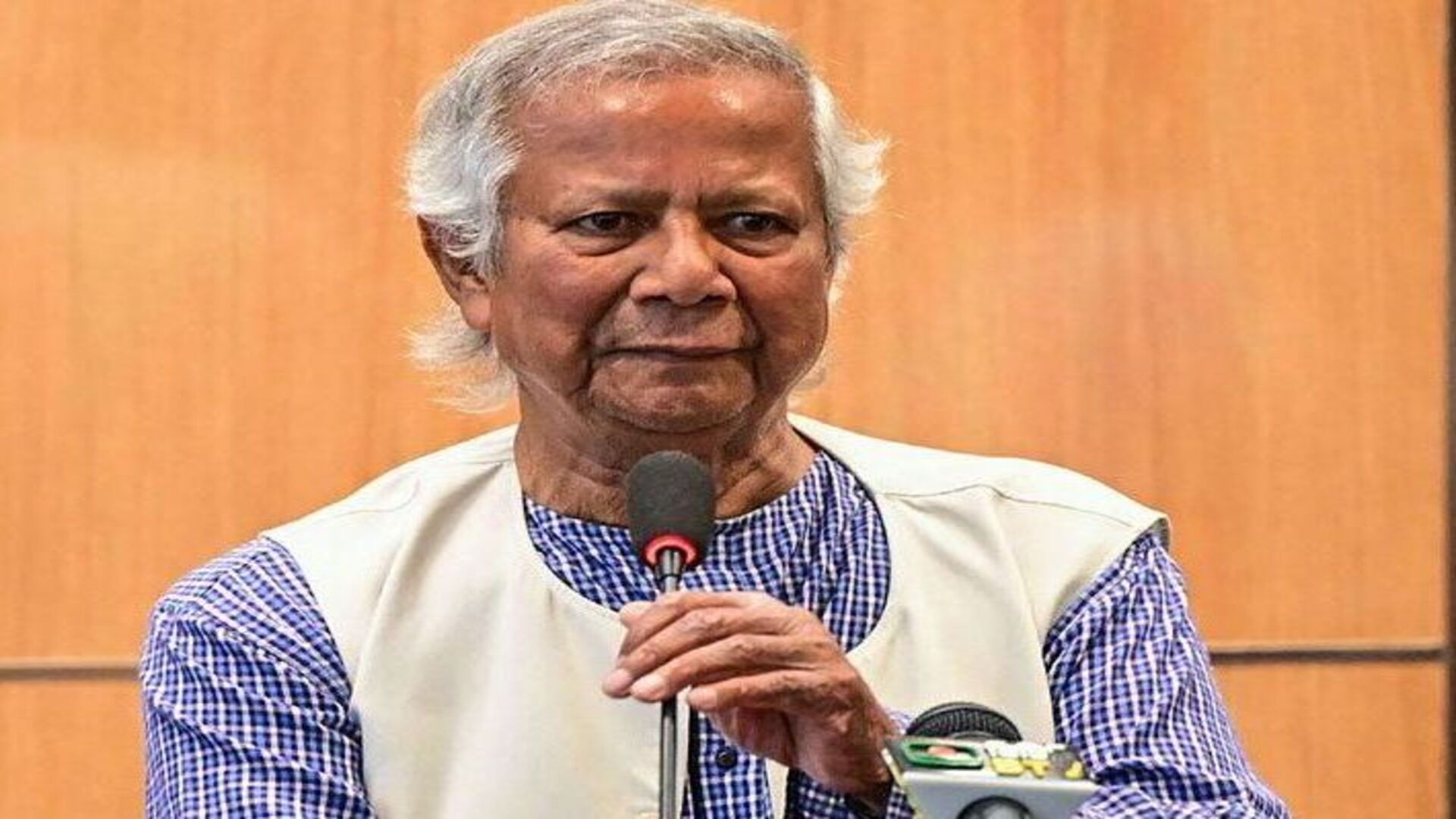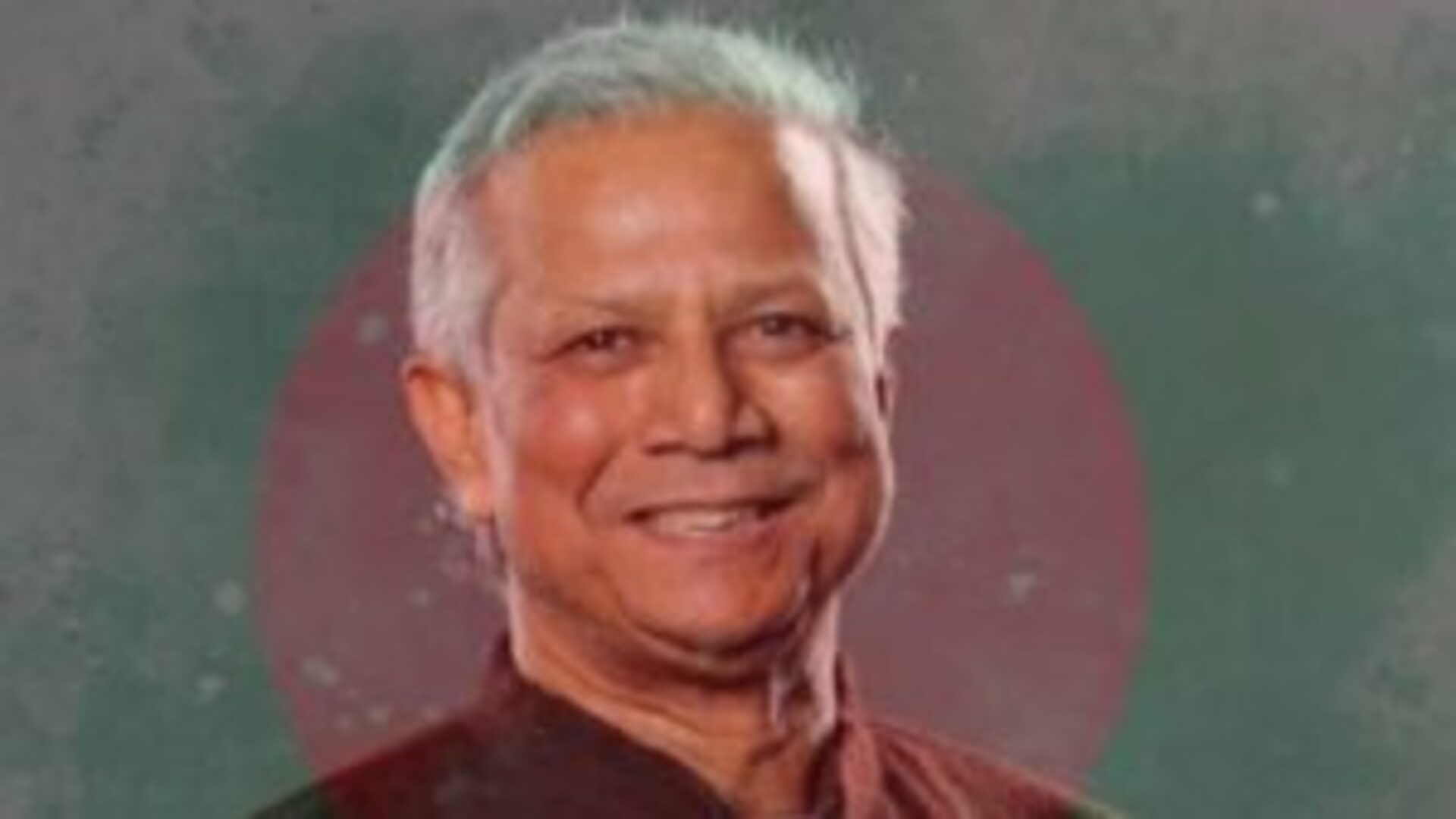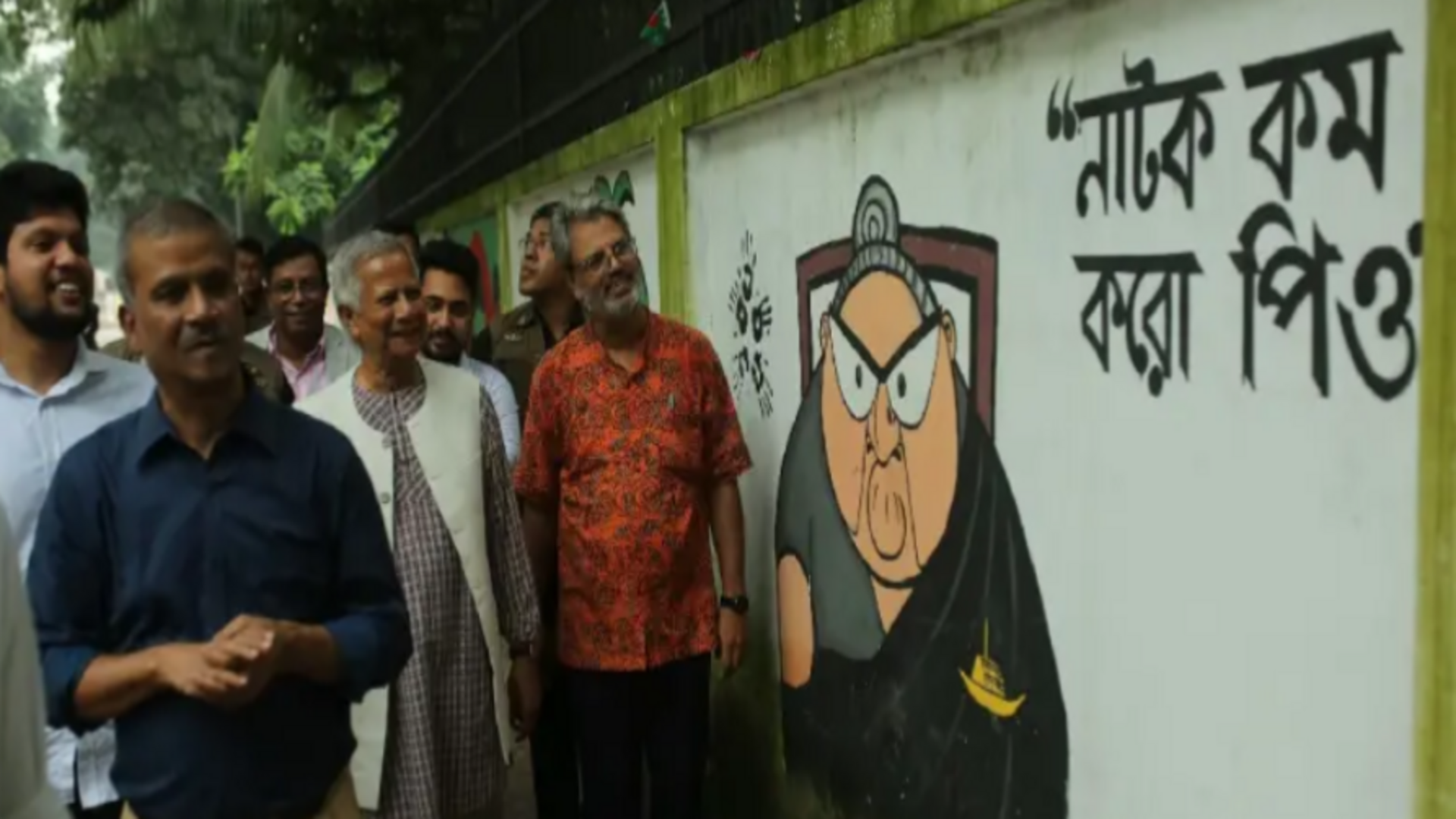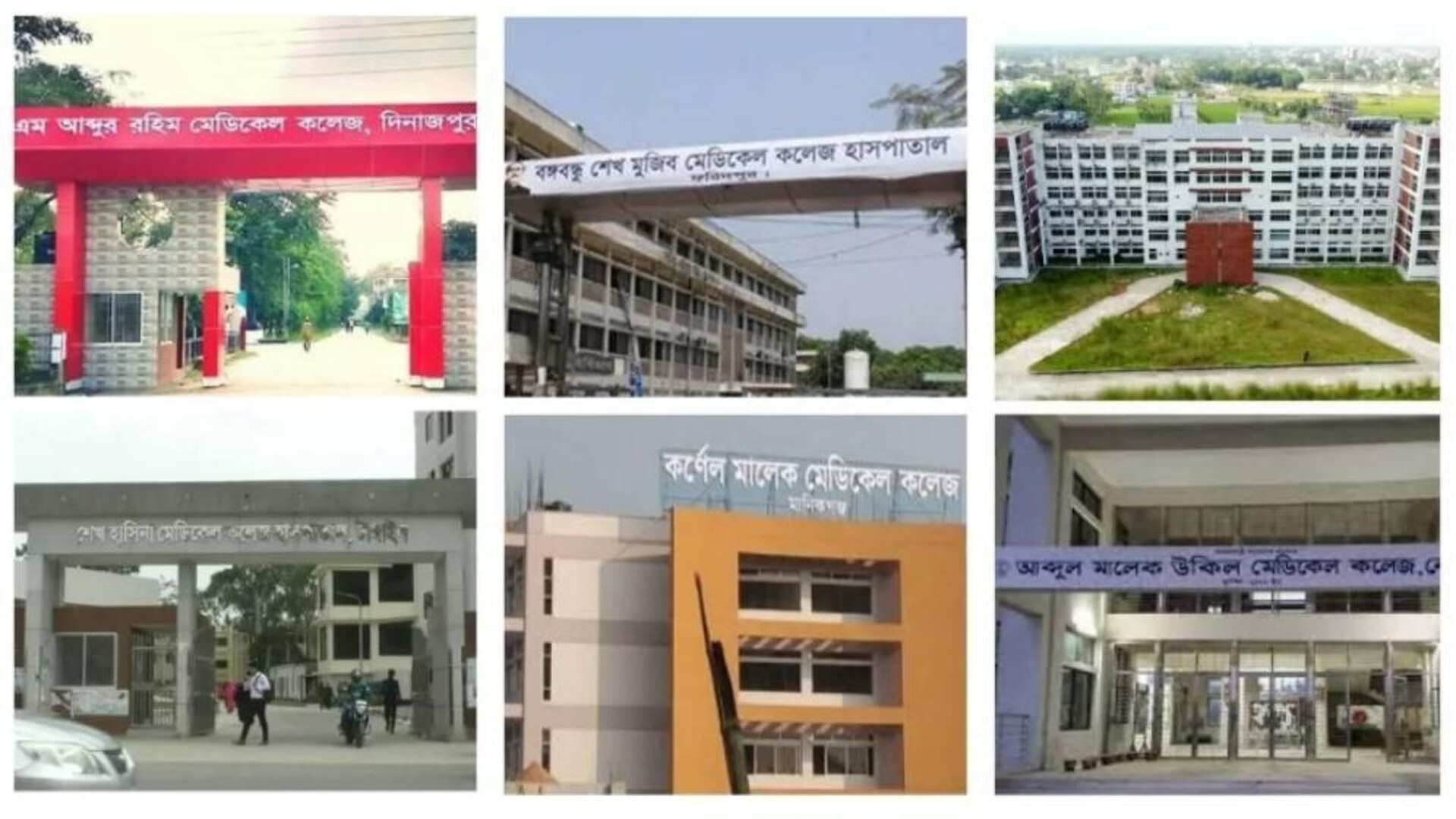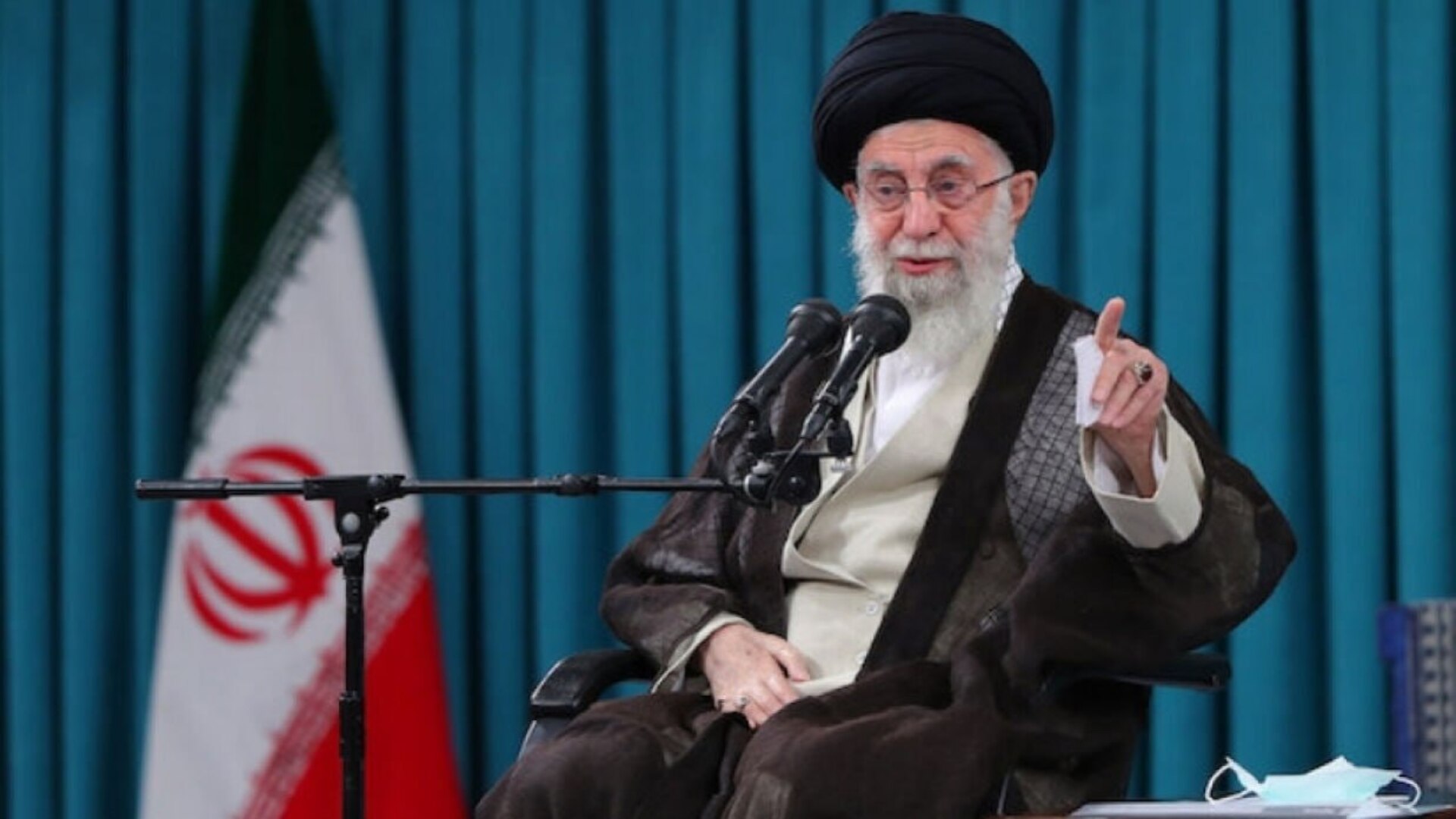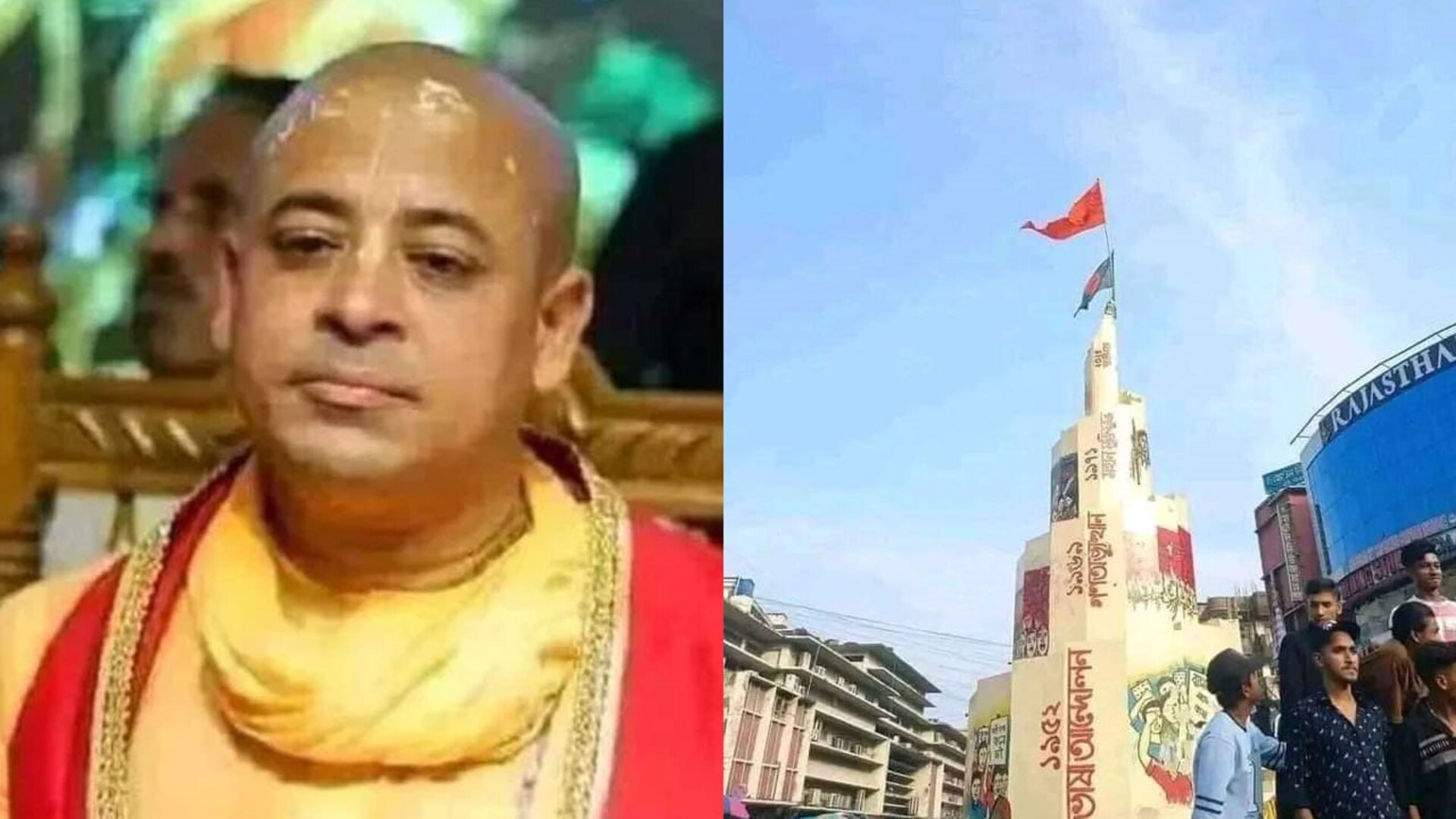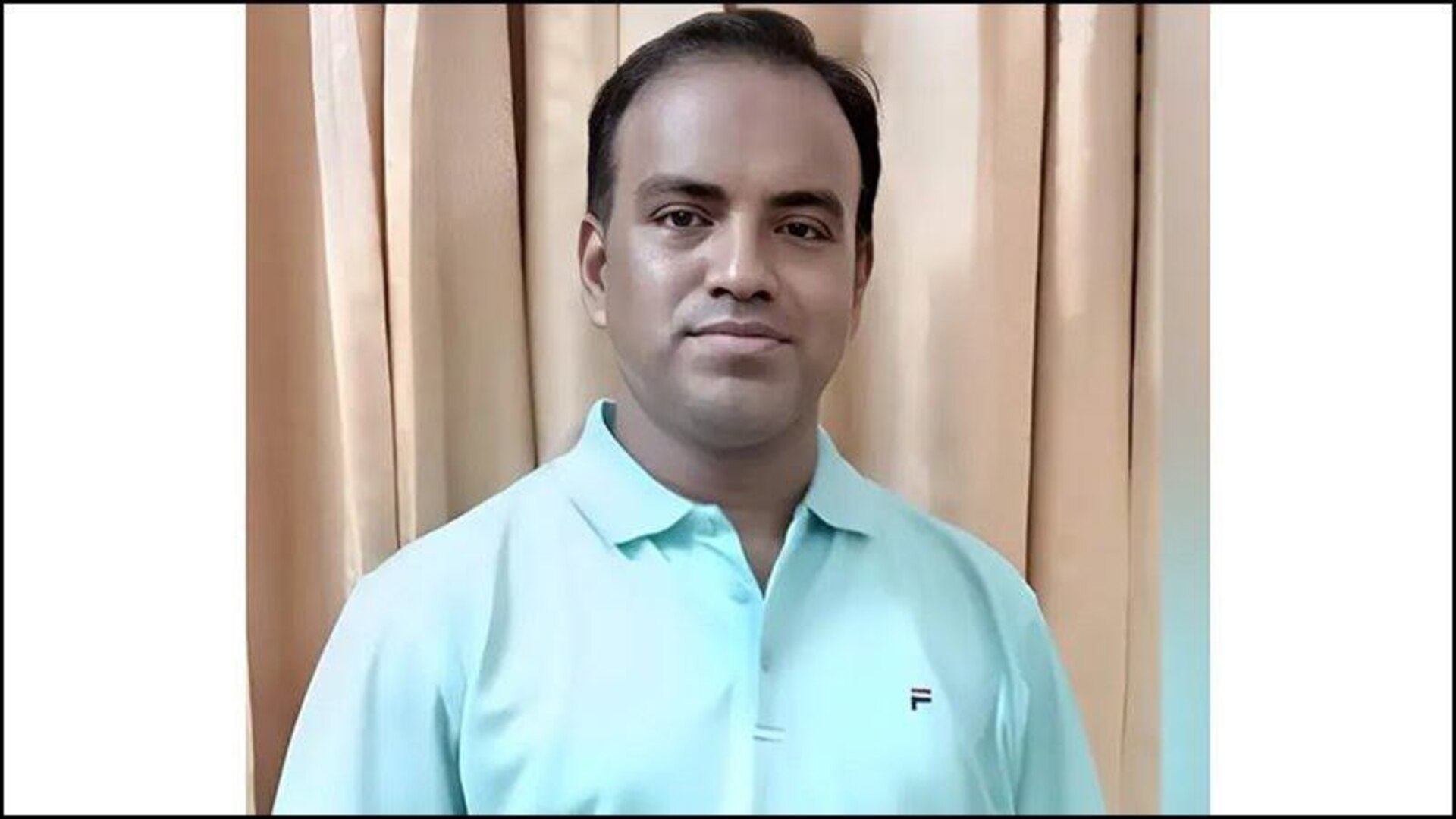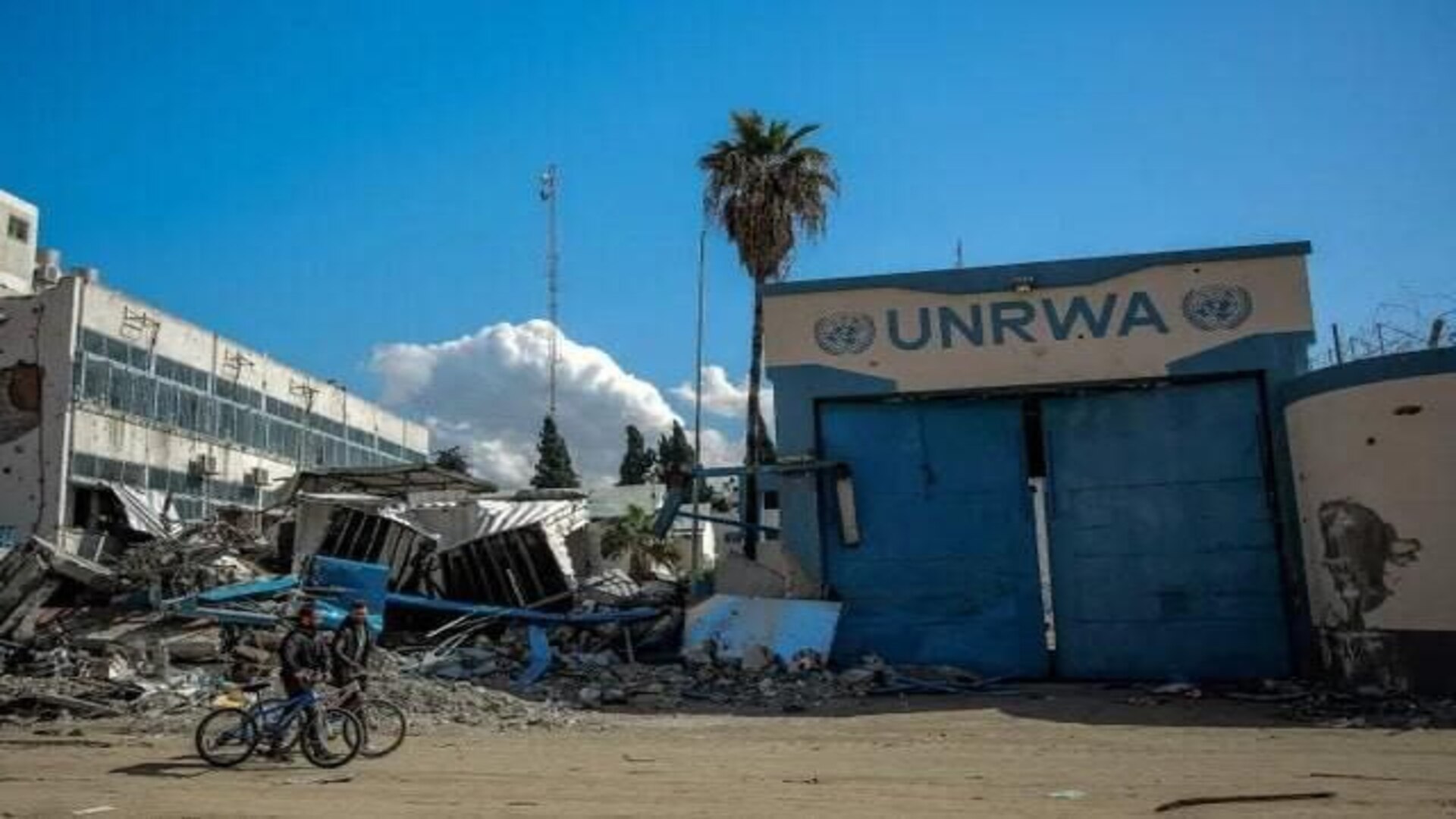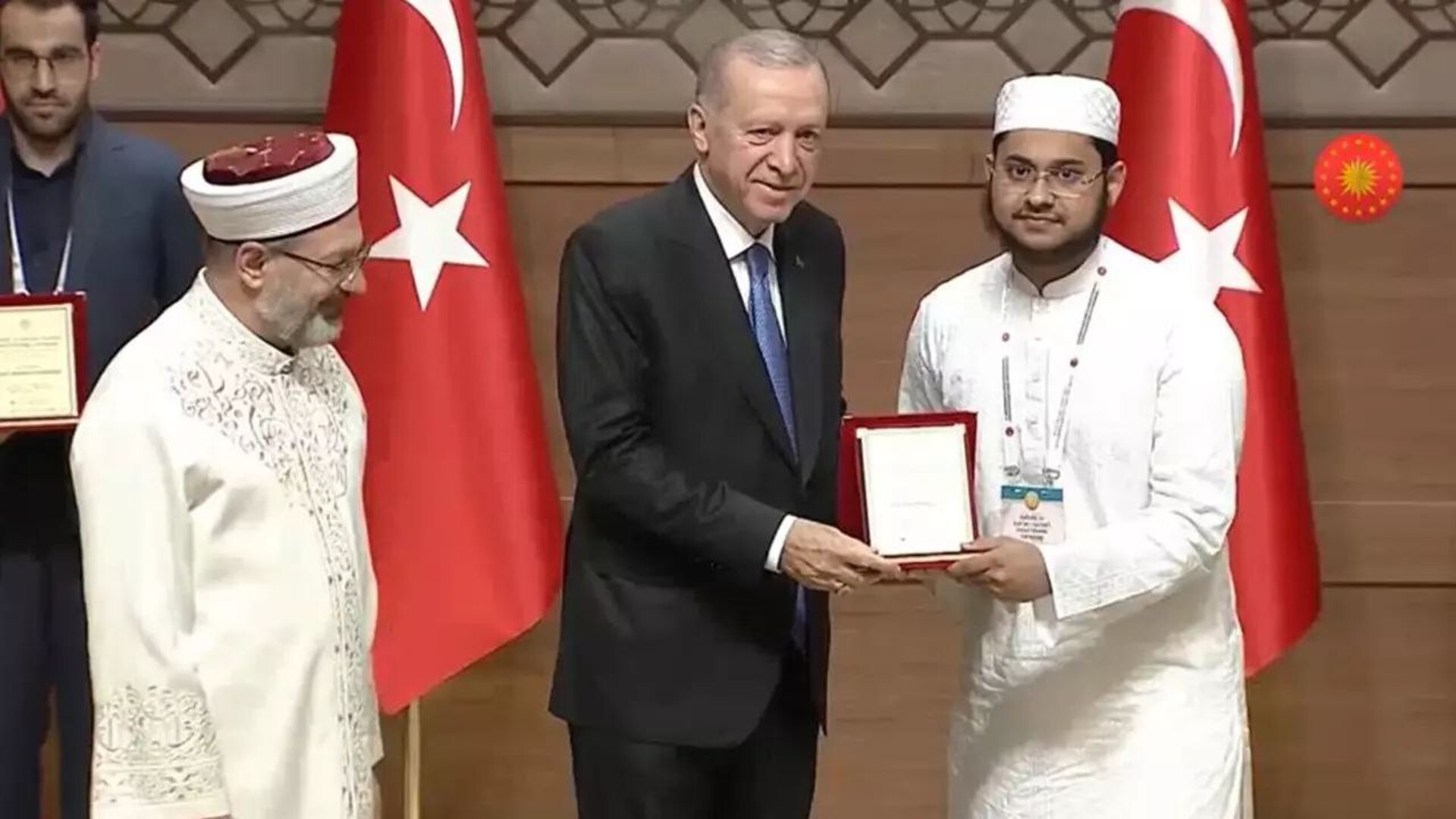
Chief Counsel Dr. Muhammad Yunus asked International Criminal Court (ICC) Chief Prosecutor Karim Khan about the process of prosecuting crimes against humanity in the ICC against those responsible for genocide during the July-August Revolution. At least hundreds of Bangladeshis were martyred and more than 20 thousand people were injured in this revolution.
In response, the famous British human rights lawyer Karim Khan said that Bangladesh can definitely complain to the Hague-based ICC. However, proper rules have to be followed for such cases.
Karim Khan met Dr Muhammad Yunus on the sidelines of the UN General Assembly session at the UN headquarters in New York on Thursday. At this time, he informed Dr. Yunus about the latest progress in the investigation of the Rohingya torture case at the ICC. Karim Khan said that he will visit Bangladesh by the end of this year. He appreciated Professor Yunus’s three-point proposal to bring new momentum to resolve the Rohingya crisis.
Among the recommendations are the organization and resolution of an emergency conference of the UN chief to review the overall situation, the strengthening of the joint assistance plan to resolve the humanitarian crisis of the Rohingya and a sincere international effort to ensure justice and accountability for the 2017 genocide in Rakhine, Myanmar. Karim Khan said, “These three points are correct.”
UN Secretary General Antonio Guterres has expressed full support to Dr Muhammad Yunus and the interim government. In a meeting with the chief adviser at the UN headquarters on Thursday, the UN Secretary General said that the UN is ready to help Bangladesh in its reforms. The UN resident team wants to assist Dr Yunus. Guterres praised Bangladeshi peacekeepers and said, “They are very important to us.”
Referring to the July-August student movement, the Chief Adviser said that this movement ended Sheikh Hasina’s brutal dictatorship. He said, “I was able to be present here because the youth sacrificed their lives for the new Bangladesh.”
The meeting discussed climate change and its impact on Bangladesh’s 170 million people, the Rohingya crisis and the UN-led mission to investigate atrocities committed during the mass protests.
Dr. Yunus asked for the partnership of the businessmen of the United States in the new journey of Bangladesh. In a dialogue with businessmen at a hotel in New York on Thursday, Dr. Yunus said, ‘I am here to listen to you and ask for your advice on how to improve our investment environment. We want your partnership in this new journey.
The dialogue was organized by the US-Bangladesh Business Council (USBBC). Dr. Yunus said, Bangladesh is not only an emerging market of 170 million people. It is rapidly developing as one of the top 10 consumer markets in the world. Apart from this, Bangladesh is strategically positioned to capture the 3 billion people market in South and Southeast Asia and China.
The chief adviser, who is visiting New York to attend the UN General Assembly session, said, “No country is free from problems.” Bangladesh is also not free of problems. But I see a developing Bangladesh, a country committed to freedom and justice.’
Addressing the businessmen of the United States, he said, I know that some of your companies are facing problems in repatriating profits. To put it bluntly, we have been facing a foreign account deficit for the past few years. This situation has arisen due to large amount of money being smuggled out of the country in recent years. So our government is now taking strict measures against these activities, so that foreign exchange reserves do not decrease further.
USBBC President Atul Keshap spoke on the occasion.
Meanwhile, Filippo, head of the United Nations High Commission for Refugees (UNHCR), met with the chief adviser on Thursday. At this time they discussed the Rohingya crisis. Grandi called for a new approach to the crisis, saying the international community should do more to end the plight of the more than 1 million Rohingya in refugee camps in Bangladesh.
Professor Yunus stressed on finding a quick solution to the crisis and doing more for the future of the millions of Rohingya children growing up in refugee camps in Bangladesh. “We have to solve this before it’s too late,” he said.
ILO Director General Gilbert Hungbo also met with the Chief Adviser. He offered assistance to the United Nations Labor Organization in the interim government’s move to implement the ILO Convention in Bangladesh. The chief adviser said labor reforms were a top priority of his government. Because his government sees it as the key to making Bangladesh a world-class manufacturing hub.

 Reporter Name
Reporter Name 